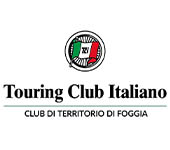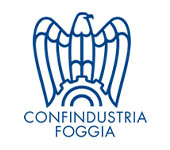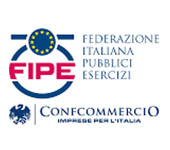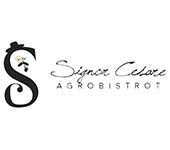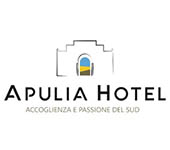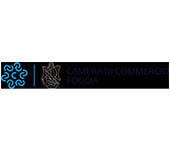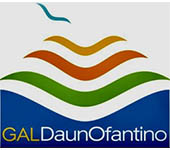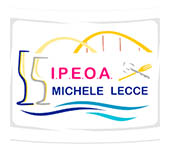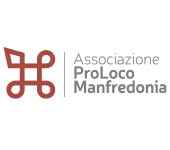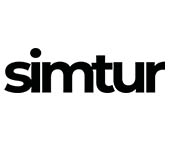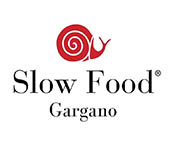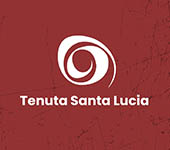
Sustainable Food and Wine Tourism Management
Location: Manfredonia (FG)
Academic Biennium: 2025–2027
National Figure: 9.1.2 Higher Technician for the development of supply management processes of the tourism and cultural supply chains
Program Overview
The highly specialized program in Sustainable Food and Wine Tourism Management aims to train highly qualified professionals able to integrate hospitality and food culture, business management and territorial marketing, tradition and digital innovation.
Context
Food and wine are confirmed as powerful tourism attractors, with Puglia leading in typical and identity-based products. Food and wine tourism is evolving into an experiential, personalized offer integrated with the territory. There is growing demand for professionals capable of designing taste itineraries and promoting local excellence. The ITS IOTA course aims to train experts in hospitality and taste culture, capable of promoting authenticity and well-being.
Professional Profile
The professional profile resulting from the Sustainable Food and Wine Tourism Management course is specialized in enhancing food as an identity-based and strategic element of the tourism offer. The profile integrates managerial, digital, and interpersonal skills to design authentic, sustainable, and personalized experiences. They know how to manage hospitality, food service, and territorial marketing, working with local supply chains. They use advanced digital technologies to improve the guest experience and strengthen online reputation. This is a key figure for the green and digital transition of tourism, able to create value through the integration of territory, culture, and innovation.
What You Will Learn
By attending the Sustainable Food and Wine Tourism Management program, you will gain knowledge and tools to develop and promote food and wine experiences rooted in sustainability and local identity. Specifically, you will learn how to:
- Manage the food & wine offer and promote short supply chains
- Build relationships with public and private stakeholders and participate in collaborative networks
- Apply advanced digital tools and Industry 4.0 technologies
- Design themed tourism packages or tailor-made stays for specific targets
What You Will Study
Through the Sustainable Food and Wine Tourism Management program, you will study strategic and operational areas that support food and wine tourism development. These include:
- Monitoring of tourism phenomena and the reference territorial system
- Organization, management, and supervision of departments/services in tourism and hospitality facilities
- Definition of marketing policies and actions to enhance food and wine excellence
- Management of relationships with clients, suppliers, and local stakeholders
Graduating from the Sustainable Food and Wine Tourism Management course opens doors to a variety of roles in the tourism and food sectors. You will be prepared to work in:
- Hotel and non-hotel accommodation businesses linked to typical local products
- Communication and promotion companies for food and wine tourism
- Traditional and online travel agencies and tour operators
- Agro-food and food and wine processing companies
- Food service businesses such as restaurants, wine bars, and any format operating in food service and/or tasting
The course lasts 1800 hours in total, distributed over two academic years as follows:
- 1080 hours dedicated to classroom laboratory teaching, laboratory case studies and/or work placements, seminars, educational and study visits, project work;
- 720 hours of internship activities in work contexts
The daily schedule will be determined based on the operational program and may vary from 5 to 8 hours. Attendance is mandatory for at least 80% of training activities, under penalty of exclusion from the final exam which will be held in accordance with the procedures established by the Ministry of Education and Merit.
Upon completion of the program, and after passing final exams and evaluations, participants will receive a “Diploma of Specialization in Applied Technologies”, corresponding to EQF level 5 (European Qualifications Framework for lifelong learning).
The diploma is issued by the Ministry of Education and Merit along with the Europass Diploma Supplement, valid throughout the national territory and recognized for access to public competitions.
Depending on the course of study and eligibility, students may also acquire certifications such as:
- Certifications for the use of sector-specific software
- English and second language certifications aligned with CEFR levels (Common European Framework of Reference for Languages)
- Workplace safety certifications
- HACCP Certification
- Advanced EIPASS Certification (ITS acts as a certifying body)
The ITS course also qualifies for ITP Competitions and Public Administration access starting from 2025.


